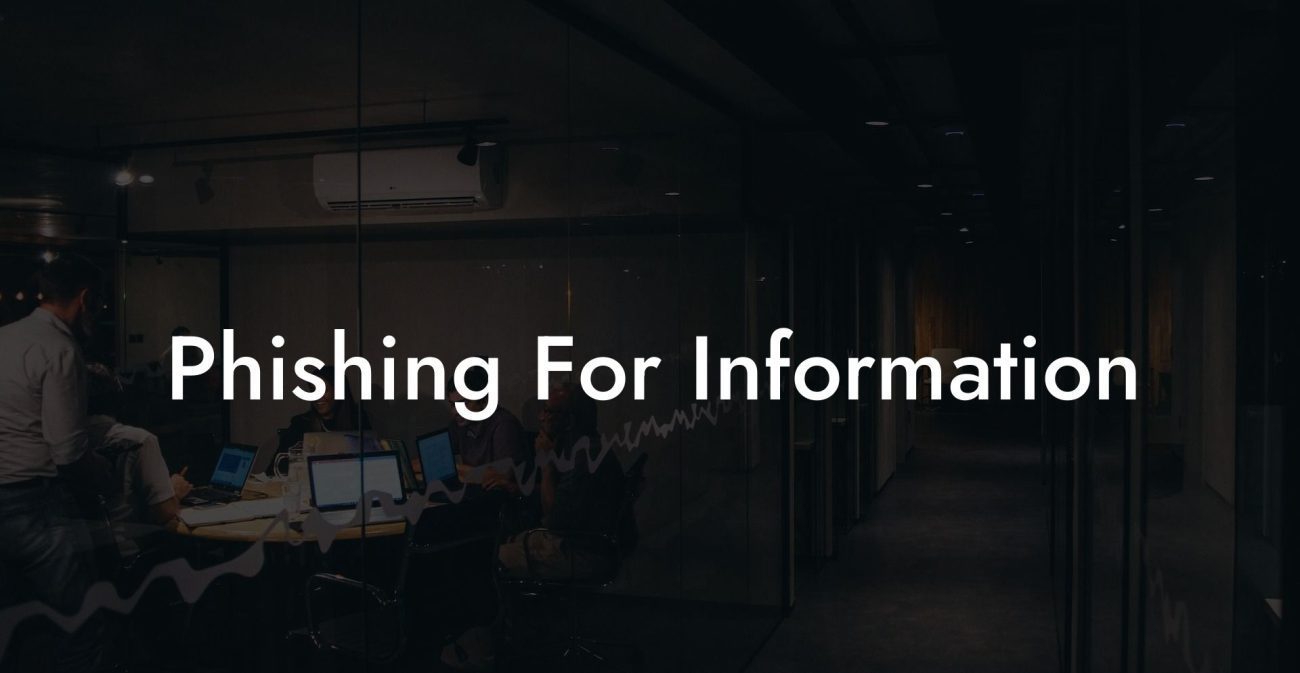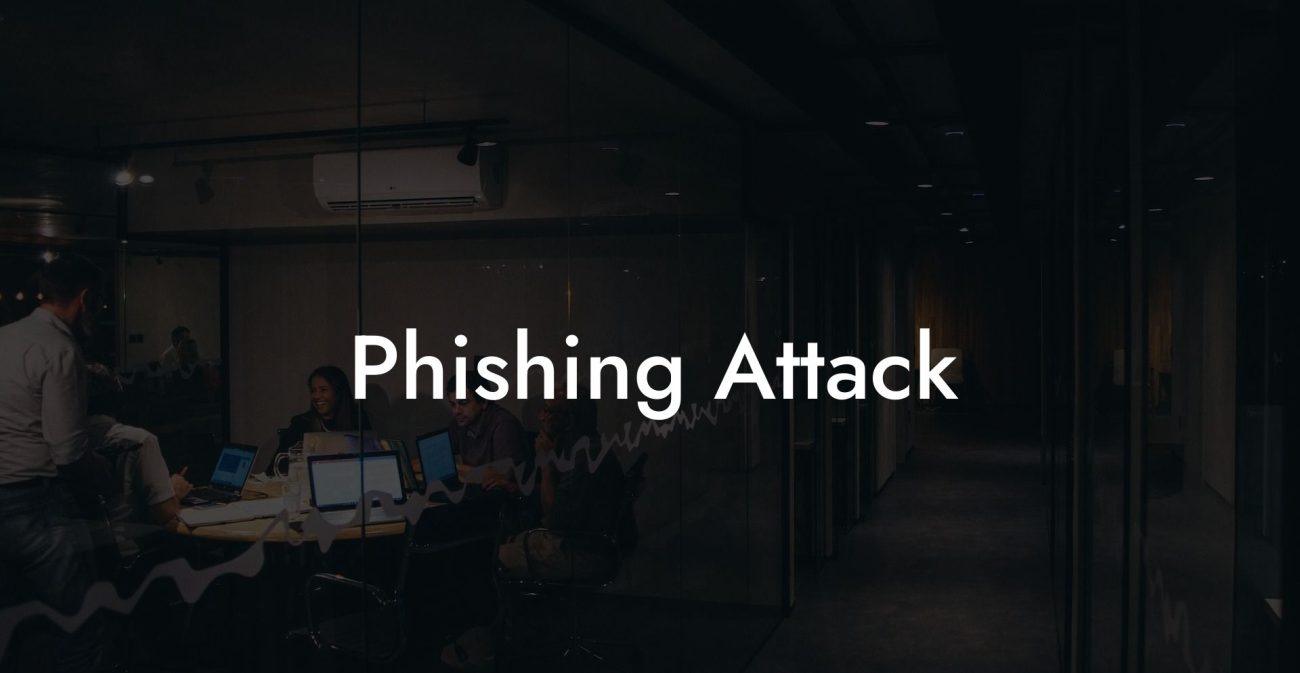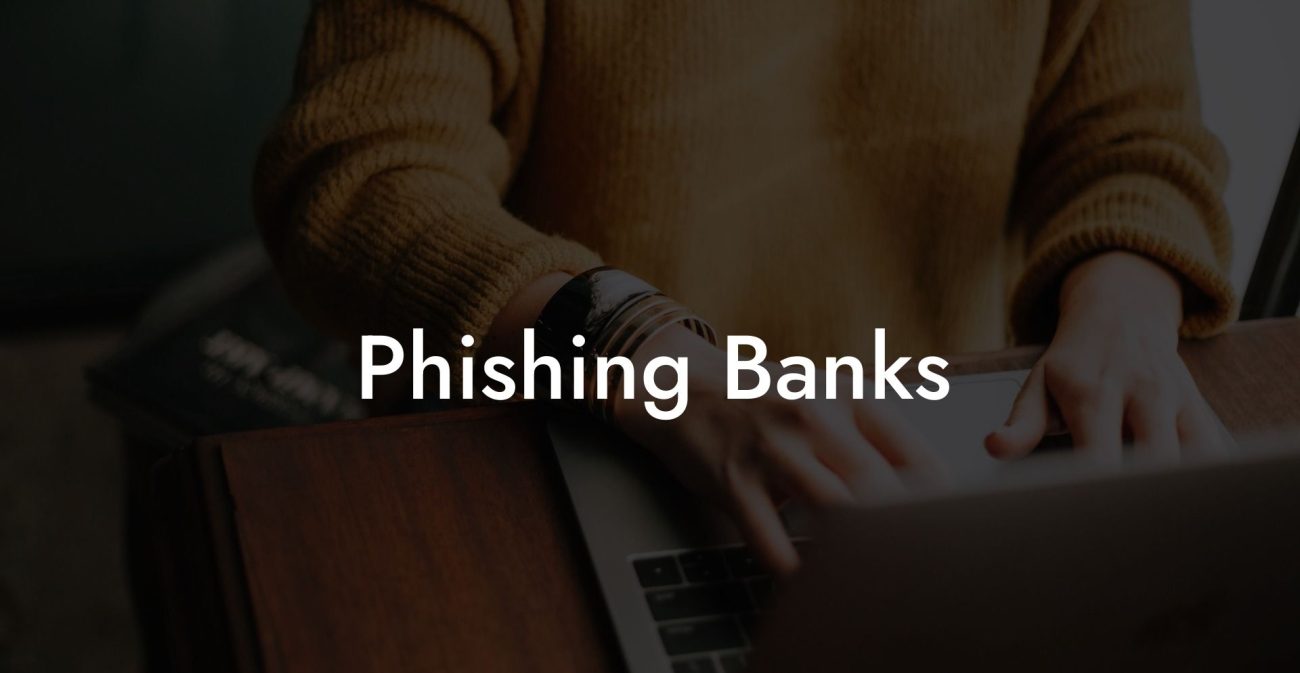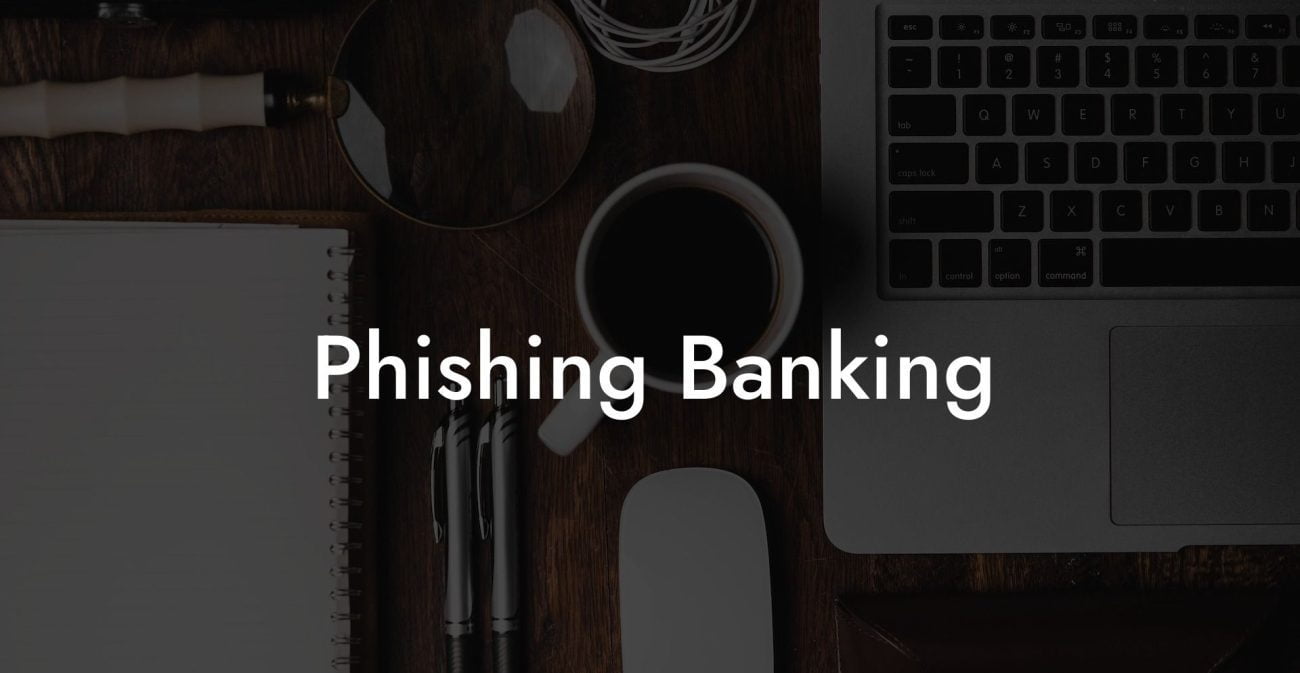In this digital age, our inboxes have become an integral part of our daily lives. Whether it's for socializing, working or conducting transactions, our email accounts contain a treasure trove of sensitive data. Unfortunately, this also makes them an attractive target for cybercriminals. Among the numerous cyber threats faced by internet users, phishing viruses are a common occurrence. Designed to steal data and invade your privacy, these cunning attacks seek to exploit your trust, often leading to severe consequences. This blog post will unravel the intricacies of phishing viruses and provide useful insight into combating this ever-present danger.
Phishing Virus Table of Contents
Understanding How Phishing Viruses Work
Real-World Example: The Impact of a Phishing Virus
Defending Against Phishing Viruses: Stay Vigilant and Informed
Understanding How Phishing Viruses Work
Phishing refers to the act of impersonating a legitimate entity and tricking individuals into divulging sensitive information such as login credentials, financial data or other personal information. A phishing virus, therefore is a form of phishing attack that employs malicious software to automate this process.
Protect Your Data Today With a Secure Password Manager. Our Top Password Managers:
Cybercriminals employ various tactics to spread phishing viruses. A commonly employed method is through email campaigns that include an infected attachment or links to compromised websites. The recipient is often lured with a sense of urgency or an irresistible offer that piques their curiosity, driving them to click on the malicious link or attachment, thus infecting their device with the virus. Once the phishing virus infiltrates your system, it may have several objectives such as stealing passwords, gathering financial data, or even granting remote access to the attacker.
Real-World Example: The Impact of a Phishing Virus
A classic example of a phishing virus is the infamous Emotet malware. Originally designed as a banking Trojan to steal financial data, Emotet evolved into a highly sophisticated threat that can deliver a multitude of payloads including other viruses, ransomware, and spyware. The attackers would send seemingly harmless emails from familiar sources like financial institutions, leading recipients to open the infected attachments or click on malicious links.
Consequently, unsuspecting users would have their devices compromised, as sensitive information such as bank credentials and login information was seized. This allowed cybercriminals to transfer funds and make unauthorized transactions, wreaking havoc on the victims' lives. Emotet was eventually taken down through a coordinated effort of law enforcement agencies and cybersecurity professionals.
Defending Against Phishing Viruses: Stay Vigilant and Informed
Despite the prevalence of phishing viruses, there are effective steps you can take to protect yourself from these threats:
1. Be cautious of unexpected emails: If you receive an unsolicited email from an unfamiliar sender or one that appears to be from a trusted source but contains unusual content, it is best to verify its authenticity before taking any further action.
2. Avoid clicking on suspicious links or attachments: Exercise due diligence even with seemingly harmless URLs or attachments. Hover your cursor over a URL to check if the destination matches the expected one, and always scan incoming attachments with reliable antivirus software before opening them.
3. Update antivirus software regularly: Having robust antivirus software is a crucial line of defense. Ensure that you keep it up to date to detect and combat the latest malware.
4. Enable multi-factor authentication: Employing multi-factor authentication adds an extra layer of security to your accounts, decreasing the likelihood of unauthorized access.
5. Stay informed: Keep yourself updated about the latest phishing trends and tactics to help maintain a proactive stance against these threats.
In conclusion, phishing viruses pose a significant risk to our digital security, and with an ever-increasing reliance on the internet, it has never been more critical to stay vigilant. Understanding and recognizing these malicious attempts is the first step in preventing them from succeeding. Help spread awareness by sharing this post and exploring other resources on Voice Phishing to stay informed and protect your digital experience.
Protect Your Data Today With a Secure Password Manager. Our Top Password Managers:















